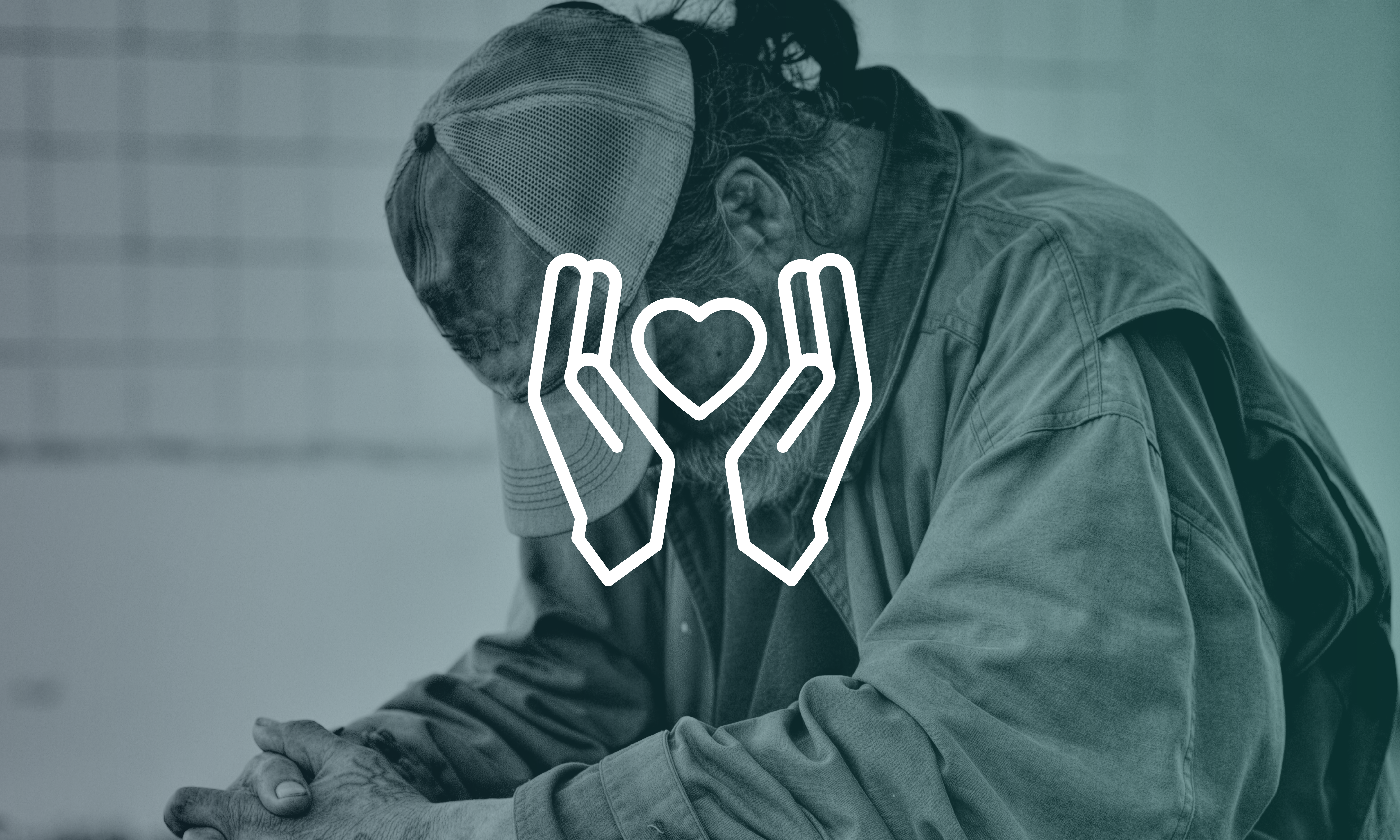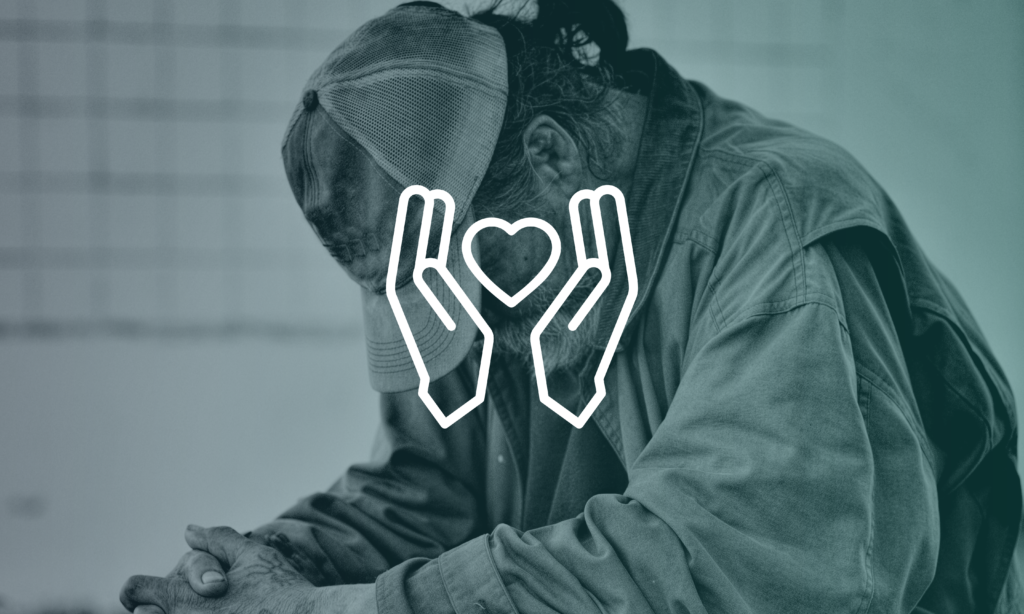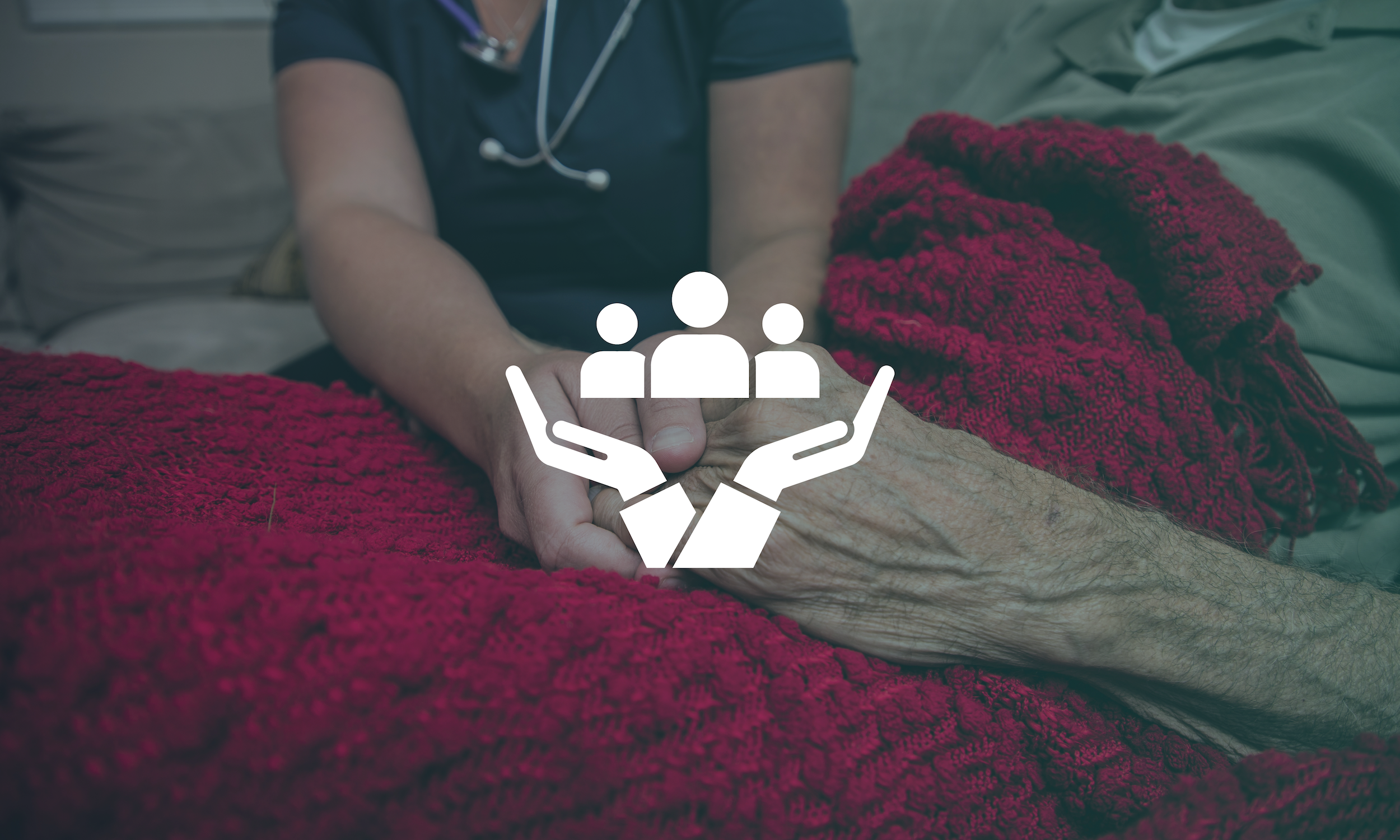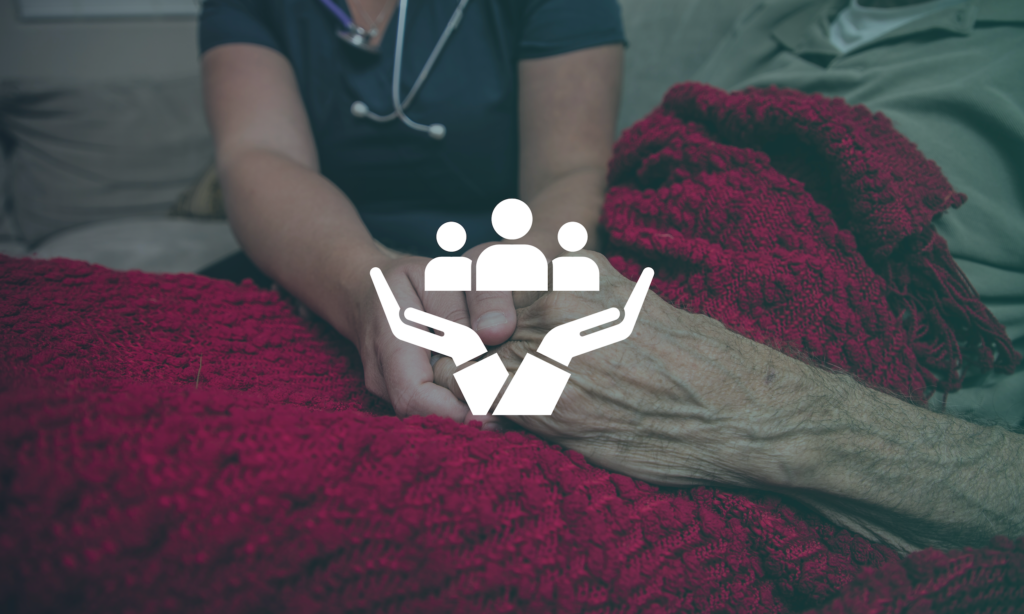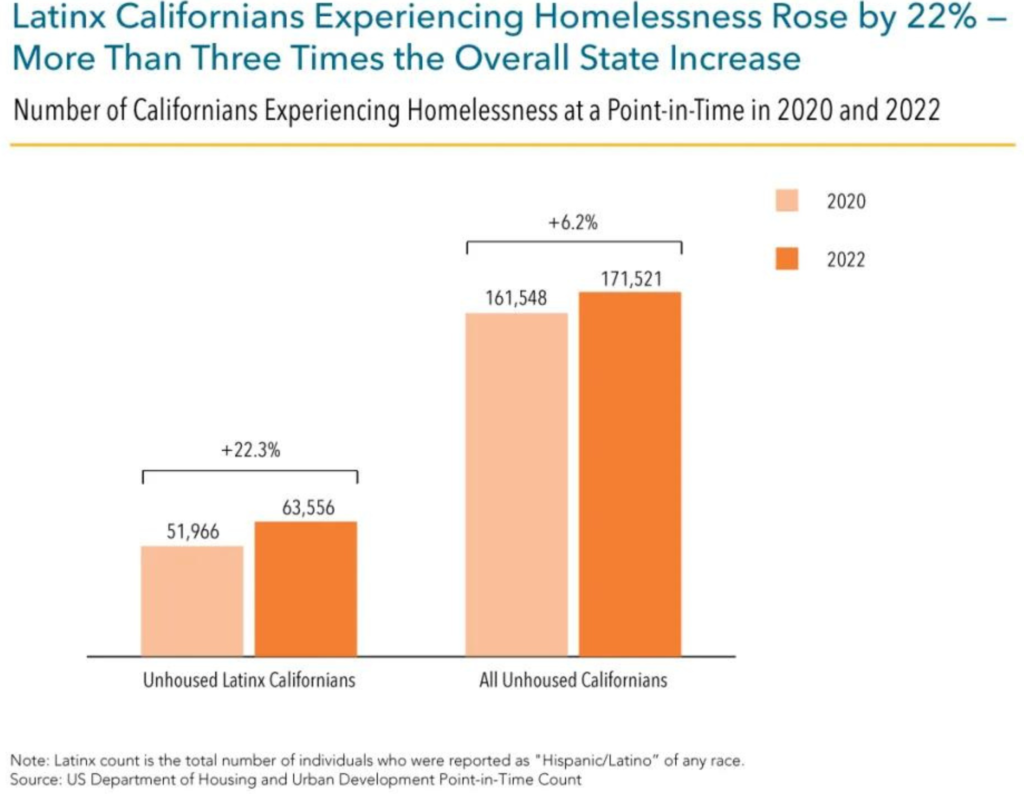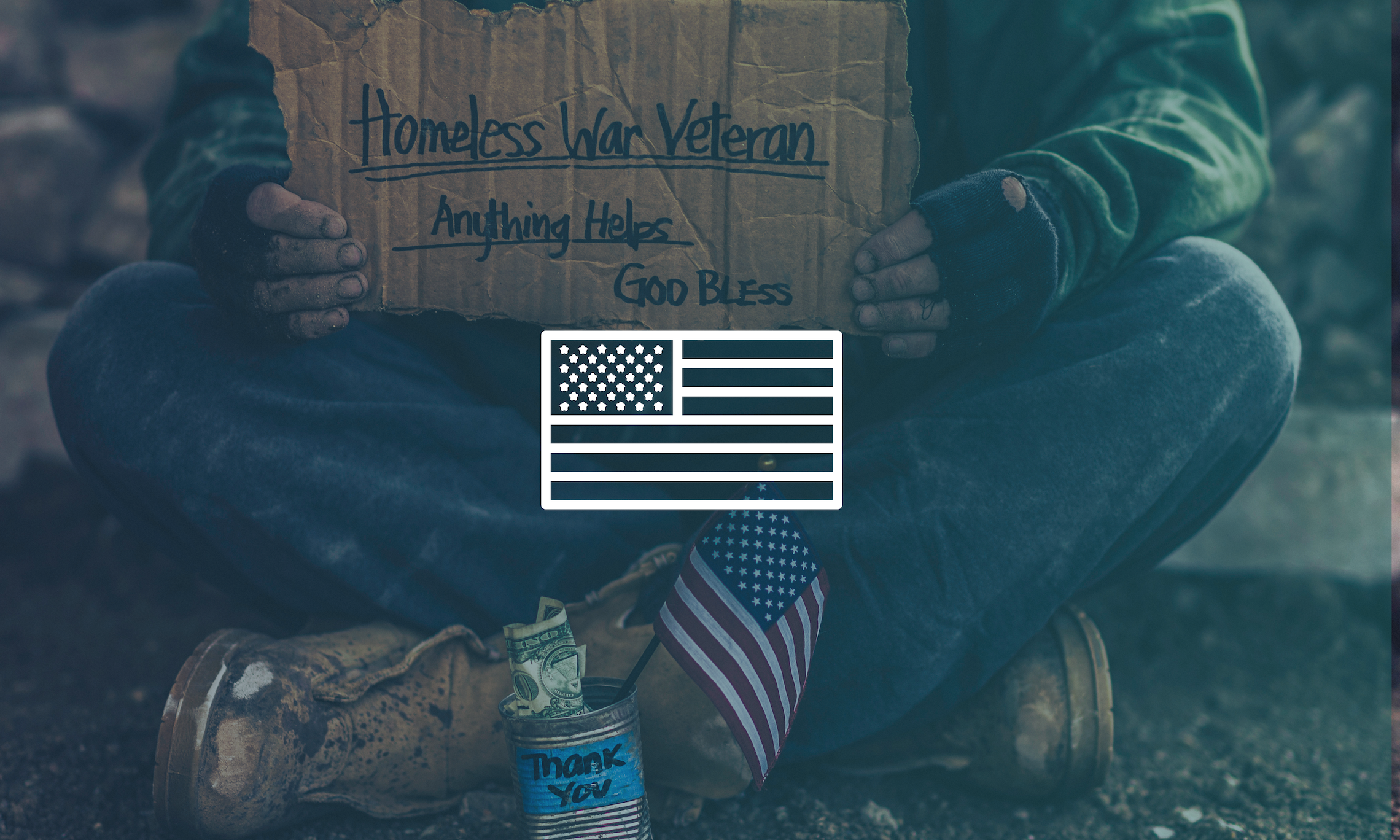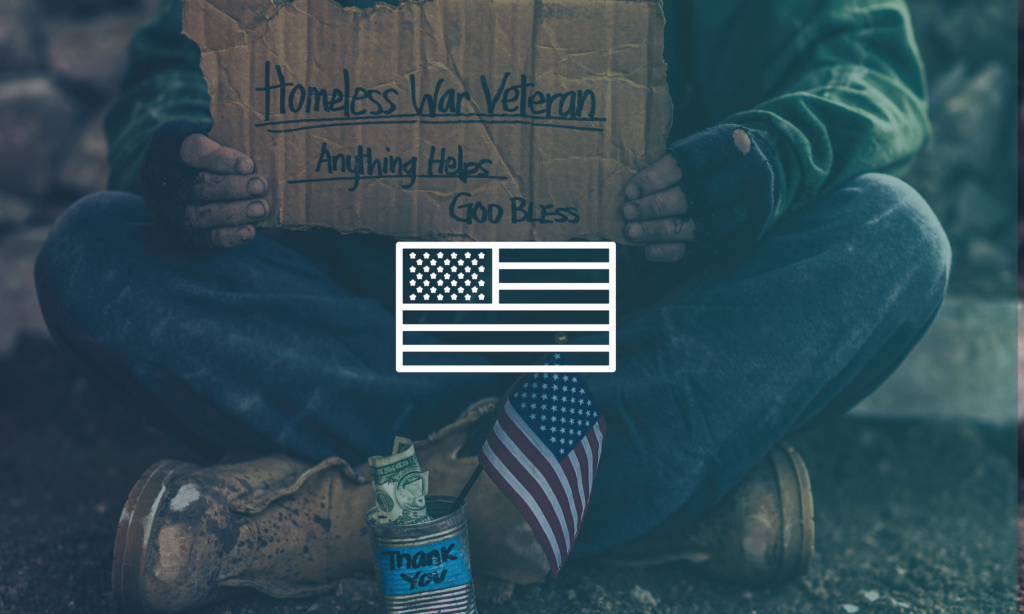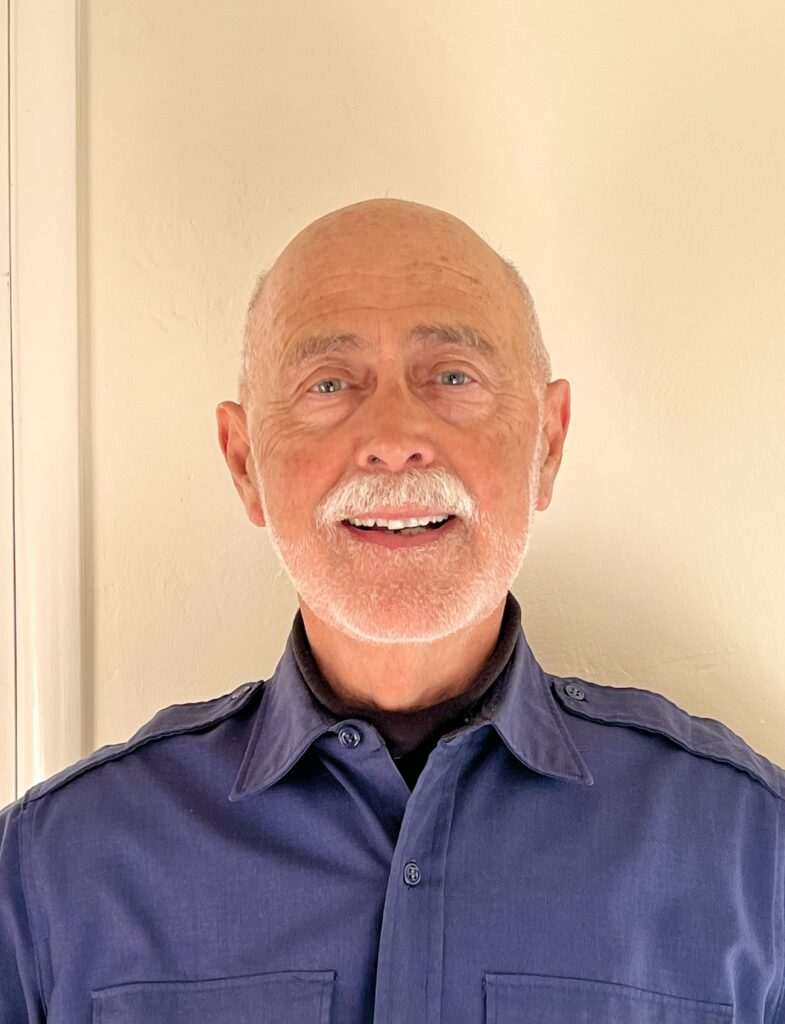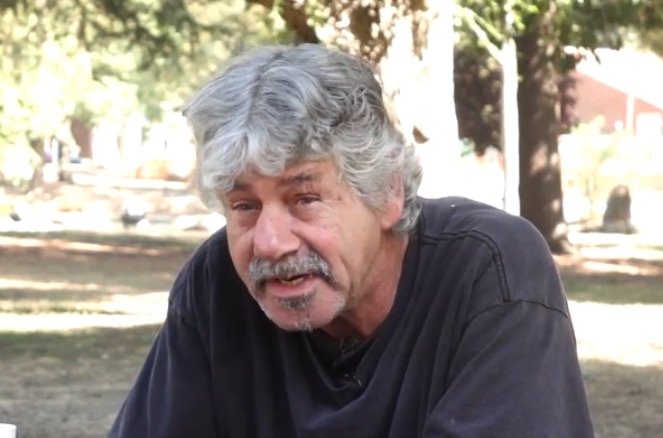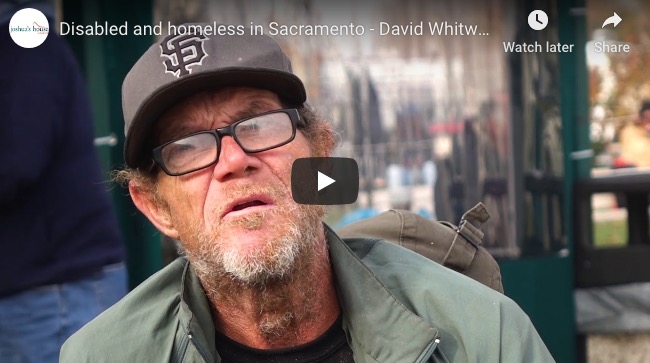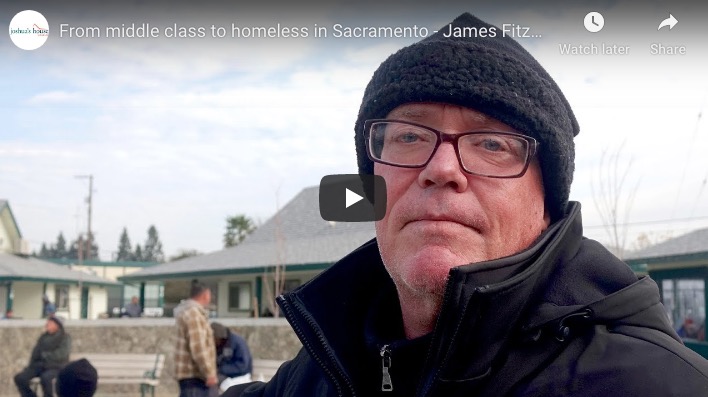by Celia Coughlin-Surridge
In 2019, I approached Marlene, the founder of Joshua’s House Volunteer Hospice, asking if the organization needed marketing support. In her warm and welcoming way, Marlene accepted and immediately put me and my partner to work. First, we tackled the Sip, Savor, and Sway Gala. Then, we had to find ways to traverse Covid-19 quarantine regulations Big Day of Giving in 2020, and develop strategy for a virtual 5k later that year. That was just the marketing side of things!
During my time working with Joshua’s House, I saw firsthand the struggles that Marlene and her team were facing. From community concerns, to permits, unexpected costs, and so on. As I helped Joshua’s House continue to spread word of the important need for a hospice to serve Sacramento’s homeless within our region, I saw the organization push through despite the difficult objections and obstacles they faced.
Little did I know at the time just how pivotal my work with Joshua’s House would become, not only for the organization but for my own personal and professional growth as well. Marlene and the Joshua’s House team welcomed me with open arms, entrusting me with key responsibilities and giving me the chance to leverage my skills and connections to drive the project forward. Then, when I made the decision to take an opportunity at the Better Business Bureau, they supported me in that transition.
Now, as Joshua’s House prepares to open its doors, I find myself in a unique position to pay it forward. I am running for Honorary Mayor of Carmichael and have selected Joshua’s House as my charity!
If you are not familiar with what an Honorary Mayor is, the role is a non-political volunteer role that participates in ribbon cuttings and networking events. The Carmichael Chamber of Commerce has been hosting this program for two decades and has helped raise thousands of dollars for area charities through this fun initiative. This year there are five candidates and the candidate who raises the most money on behalf of their charity wins the “election.”
Recently stepping back into my business, I knew that the Honorary Mayor race would be a fantastic way for me to not only network but give back to Joshua’s House in a unique way. Over the next few months, I will be hosting and participating in a variety of fundraising events, including:
- A series of business networking events, where I will be sharing information about Joshua’s House’s mission and soliciting donations from local companies and community leaders.
- A “Trucks and Treats” event in late October, featuring food trucks, live music, and trick-or-treating for families.
- An online silent auction followed by an exclusive cocktail party in early November, featuring the final auction items.
My goal is to raise more than $30,000 to help Joshua’s House open its doors and provide this vital service to the Sacramento community. As you probably know, the need is dire. Between 20-25% of homeless individuals die from terminal illnesses like COPD, cancer, and heart disease, often living for just a few months after diagnosis. In 2021 alone, more than 190 homeless people passed away on the streets and along the rivers of our city. We aim to change that by creating a peaceful and compassionate place for these individuals to spend their final days.
To help give back to the amazing Joshua’s House team, “Vote” for me by donating directly via PayPal or join me for one of my upcoming events. I will be releasing my full schedule shortly, so be sure to sign up for my newsletter on my website or reach out to me via email. I would be honored to make your acquaintance and gain your support!
No one should have to face the end of their life alone and on the streets. With your support, we can ensure that the terminally ill homeless are treated with the dignity, comfort, and care they deserve!




